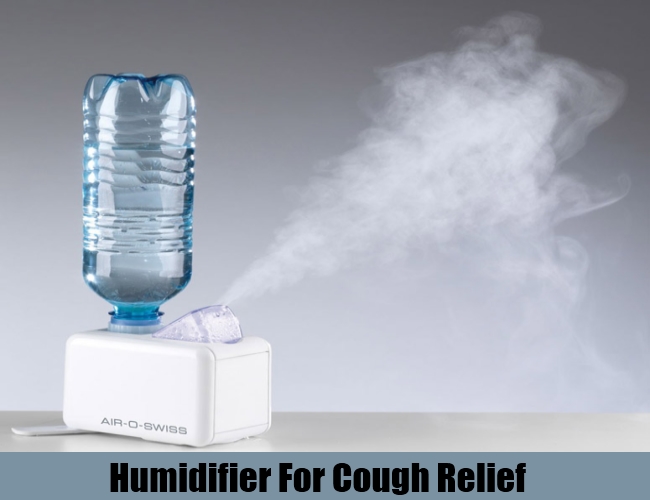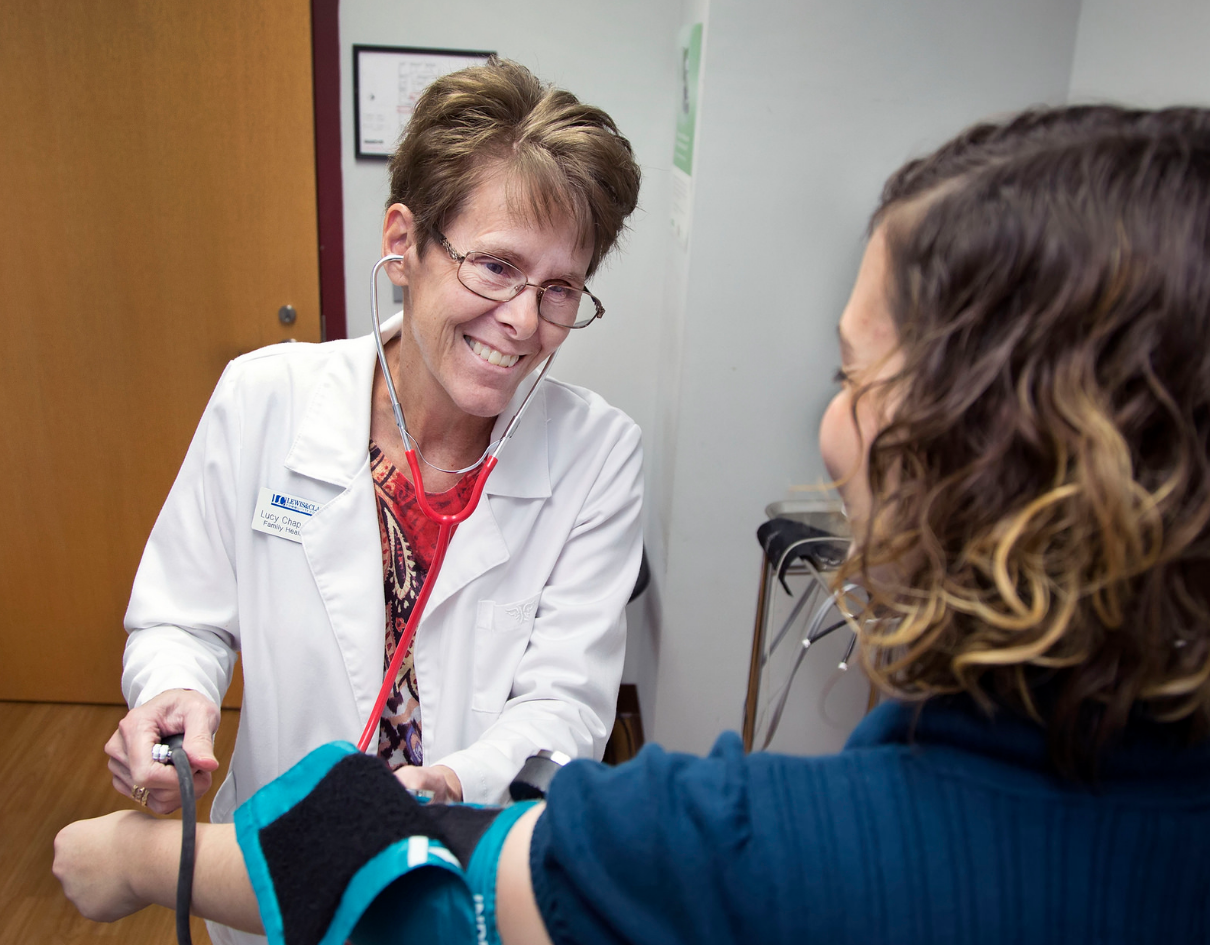It’s that time of year again. Flu season is upon us. With an added risk of the COVID-19 pandemic, it is more important than ever to be vaccinated for influenza. Healthcare professionals and public health officials alike recommend as many people as possible get the flu shot this year.

The flu shot will not protect you from the coronavirus but it will mean you are less likely to get the flu even if you do have COVID. Influenza and COVID have similar symptoms, such as fever, body and muscle aches, and cough. Both are contagious respiratory illnesses. Because the symptoms of COVID and flu are similar, testing may be necessary to determine which disease you have. Go here to learn more about the similarities and differences between COVID-19 and influenza.

Getting vaccinated against the flu also means you are less likely to be hospitalized with flu and there will be more resources available for people who are hospitalized with COVID.
Who should get a flu shot?
Every person over the age of six months should receive a yearly flu shot. If you are pregnant or have a compromised immune system, this is even more important.
When should I get a flu shot?
Now!! The start of flu season is the best time to get vaccinated. It takes up to two weeks to develop antibodies that protect you against influenza so the sooner you get vaccinated, the sooner you will be protected.
Shouldn’t I wait to get vaccinated until the flu hits my community?
Since it takes two weeks to develop immunity, you might not be protected if you wait until cases of flu begin circulating in the community.
If I get my flu vaccine now, will it wear off?
Antibodies against flu last approximately six months, so getting vaccinated early gives you the most protection for the duration of the flu season.
Is the flu vaccine safe?
YES. According to the Centers for Disease Control, hundreds of millions of Americans have safely received the flu vaccines over the past 50 years, and there has been extensive research supporting the safety of seasonal flu vaccines. Each year, the CDC works closely with the U.S. Food and Drug Administration and other partners to ensure the highest safety standards for flu vaccines.
Will the flu vaccine give me the flu?
NO. The vaccine may cause mild side effects such as soreness or redness at the vaccination site or headache and fever. These side effects are NOT the flu and IF you experience them at all, they are usually mild and last only 1-2 days.
Is the flu really that serious?
Yes. Every year hundreds of thousands of Americans are hospitalized with influenza which can have serious consequences such as pneumonia and even death. For those who are most vulnerable – young children, pregnant women, the elderly, and those with chronic medical conditions like asthma, diabetes, and heart disease – getting the flu is particularly serious.
What can I do to protect myself and my family?
Get a flu vaccine. Wash your hands. Stay home when you are sick. Avoid crowds and remain at least six feet apart from others. Wear a mask when in public.
How much does it cost?
Flu vaccine is covered by most insurance companies with no out-of-pocket cost. Please call the Family Health Clinic at (618) 468-6800 for more information or to schedule an appointment.























 Flu shots are available from 8 a.m. to 4:30 p.m. Monday-Friday at the Lewis and Clark Community College Family Health Clinic. Community members as well as anyone on campus can come in and see us. No appointment is necessary and there is no co-pay with most insurances. If you do not have insurance, the cost is $25.
Flu shots are available from 8 a.m. to 4:30 p.m. Monday-Friday at the Lewis and Clark Community College Family Health Clinic. Community members as well as anyone on campus can come in and see us. No appointment is necessary and there is no co-pay with most insurances. If you do not have insurance, the cost is $25.












